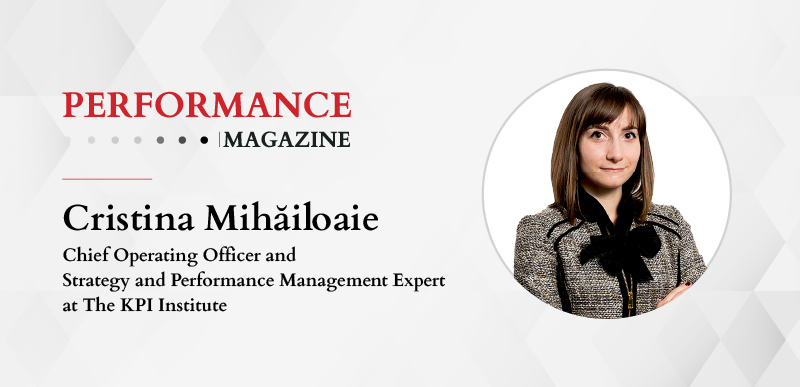Ask Our Experts: Principles on Creating Meaningful Sustainability Reports

Q: How can an organization create meaningful sustainability reports?
I will reply with a question: meaningful for who?
My point was to bring to your attention the importance of knowing your audience and the information they expect or need to receive. To identify what your sustainability report focuses on, one must identify the needs of the audience, and as you can assume, there will be one approach to report internally to the top management on the latest progress and a completely different perspective if the annual sustainability report must be released for external stakeholders. Moreover, there are compliance issues that must be considered since regulators, depending on your location, will require certain aspects to be captured in the reporting.
Putting aside the specific context of each organization and the local compliance issues, I find the following principles valuable for producing a quality sustainability report:
- Identify the materiality issues – Identify what is the most relevant issue for your organization and consider the informational needs of the report’s users.
- Ensure data accuracy – Misinterpretation of results or simple error calculation can lead to serious legal consequences, reputation damage, and loss of stakeholders or shareholders’ trust.
- Focus on impact – Use specific KPIs or metrics to measure the achievements of objectives, avoid presenting only what the organization is doing, and include more data about the performance achieved and the impact created.
- Provide regularity – Information should be reported on a predefined schedule (e.g., quarterly, annually).
- Communicate with clarity – Use simple language, include essential information (not all data available), and use visuals that convey the data’s meaning effectively.
Read more: ESG’s impact on business: driving organizational performance and beyond
Cristina Mihailoaie
Managing Director MENA and Executive Manager
Center for Government Performance, The KPI Institute
- Business Unit Manager of Research Programs at The KPI Institute.
- Her professional experience embeds research skills with performance management consulting and practical strategy development and execution for the Research division.
- In the last 10 years, Cristina contributed to the development of best practices and standards in how to use and leverage KPIs that are taught in the premium certifications of The KPI Institute worldwide and assisted large organizations in industries like oil and gas, financial sector, telecommunications, manufacturing, and utilities.
- She conducts maturity assessments for performance management systems and has trained over 500 professionals over the last years getting first-hand experience with the most stringent issues organizations face.
- Get in touch on LinkedIn.
**********
This feature was first published in the Ask Our Experts section of Performance Magazine Issue No. 25, 2023—Sustainability Edition. It offers deep dives and practical insights into the sustainability strategy and performance management. To download the free digital copy, visit the TKI Marketplace. You can also purchase an additional printed copy via Amazon.
 Riham Mahmoud Saad is a Senior Strategy and Corporate Performance Specialist with over 15 years of experience in corporate performance management in the public sector. She holds a master’s degree in Information Systems Management from Zayed University. Moreover, she has acquired certification in KPI Professional and Practitioner and a Nanodegree in Data Analysis and Visualization from Udacity.
Riham Mahmoud Saad is a Senior Strategy and Corporate Performance Specialist with over 15 years of experience in corporate performance management in the public sector. She holds a master’s degree in Information Systems Management from Zayed University. Moreover, she has acquired certification in KPI Professional and Practitioner and a Nanodegree in Data Analysis and Visualization from Udacity. Khalid Alharbi boasts over 20 years of experience in partnering with business unit executives to develop strategic plans, direction, market analysis, partnership, growth guide, and operation excellency. He leads large and complex projects to achieve key business objectives and promote digital transformation. He is pursuing a career in engineering, project management, sales and strategy planning.
Khalid Alharbi boasts over 20 years of experience in partnering with business unit executives to develop strategic plans, direction, market analysis, partnership, growth guide, and operation excellency. He leads large and complex projects to achieve key business objectives and promote digital transformation. He is pursuing a career in engineering, project management, sales and strategy planning. Dr. Imad Syed
Dr. Imad Syed Achieving sustainability is challenging for businesses because it requires significant resources, stakeholder cooperation, and change throughout the supply chain.
Achieving sustainability is challenging for businesses because it requires significant resources, stakeholder cooperation, and change throughout the supply chain.